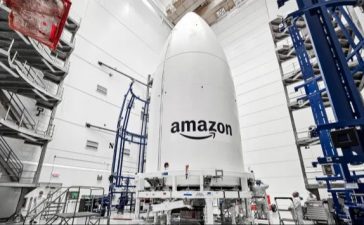The number of new cars bought by UK private buyers last year was fewer than in 2020, when the country was in the midst of the Covid pandemic.
Around 746,000 cars were sold to private buyers in 2024, some 1000 fewer than five years ago, when car buying was temporarily halted by lockdowns. It was also down 8.7% on 2023.
Despite this, car sales still rose 2.6% on 2023 to 1.95 million. However, 1.16m of these were fleet sales (up 11.8% year on year), accounting for six in 10 new cars sold.
This is a worrying position to be in, Society of Motor Manufacturers and Traders (SMMT) boss Mike Hawes said, as the split between private and fleet sales used to be closer to even.
Hawes blamed the drop in private sales on “the confusion for buyers of which vehicle to buy”, a comment aimed at mixed messaging from the government over the past few years.
This was a key reason for many car makers not hitting the government’s zero-emissions vehicle (ZEV) mandate target of 22%, the SMMT claimed, with just one in 10 new cars sold to private buyers being battery-powered.
A market share of 19.6% was, although under the target, a record for EVs – one of the few positives to come from the year. During 2024, 381,959 EVs were sold, up 21.4% on 2023 – the year’s biggest riser.
This total made EVs the second most popular car type behind petrol (1.02 million sales) and ‘self-charging’ hybrids (261,396).
In a sign of the times, petrol car sales were down some 40,000 on 2023 and fewer than 125,000 diesel cars were sold.
“This should be a success story, with a record share of EV sales and [overall] numbers up,” Hawes told journalists at a year-end briefing. ”But instead the cost of delivering that, and that [EV sales] are still shy of the government’s ZEV targets, cast a shadow.”
He added: “If we did not have the [ZEV] mandate, we would say that this was a good year.”
Hawes used the 2024 results to again call on the government to bring back buying incentives for EV buyers, which were pulled in 2022. This would be in the form of lowered VAT on car purchases and VAT parity between public and home charging.
“Incentives make a big difference, as they help people into these vehicles while also sending the right messages,” said Hawes.
He added that fleet incentives – delivered via benefit-in-kind tax breaks – should be transferred to private buyers.
Similarly, Kia UK boss Paul Philpott told Autocar: “There aren’t enough carrots for the consumers, other than in fleet market, and the fleet user-chooser is proving that where they have relatively sensible incentives behind electric vehicles, buyers want to try them; where there aren’t, they’re more reticent to move in numbers.”











